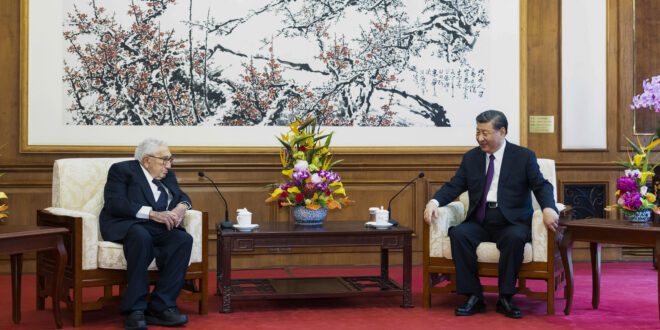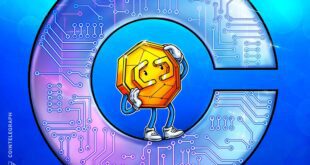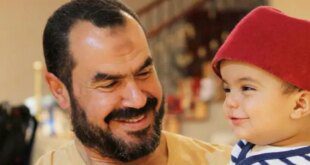The Lovefest Between China and Kissinger
The State Department threw cold water on that last possibility in their daily briefing, stressing that Kissinger was traveling as a private citizen and not under the aegis of the U.S. government. Still, the contrast was striking between the warmth on display at the Diaoyutai State Guesthouse with Kissinger compared to the chillier atmosphere at the Great Hall of the People, where Biden officials met with their counterparts.
Why the lovefest? Mostly because it was in both China’s and Kissinger’s mutual interests to play nice. For China, it was an opportunity to suggest that they would respond better to U.S. policies that harkened back to Kissinger’s time. For Kissinger, the visit represents an opportunity to do what he has been trying to do ever since he left public office: maintain his relevancy and influence.
Changing Political Climate
To understand Beijing’s perspective, it is important to remember that the political climate in Washington has turned sharply against the Chinese Communist Party over the last decade. For all the talk of polarization of American foreign policy, one of the few areas of recent bipartisan consensus has been to view China as a rival rather than a partner. This began at the tail end of the Obama administration. The Trump administration ramped up the hostility, highlighting human rights abuses in Xinjiang, bolstering its support of Taiwan, and launching a trade war with China.
In its first two years, the Biden administration has, if anything, accelerated the retreat from engagement and the turn towards strategic competition. This became evident in the first high-level meeting between Chinese and U.S. officials in Anchorage, Alaska in March 2021. The atmosphere inside the room was chillier than the temperature outside. After Chinese officials castigated their U.S. counterparts, Blinken responded in kind in front of television cameras, warning China that its actions would result in a “far more violent” world. For the next two years, the Biden administration made it clear that it took strategic competition with China seriously. The United States jumpstarted the Quad and launched the Indo-Pacific Economic Framework, structures that were clearly designed to counter China. In his statements, President Joe Biden seemed to signal an end to U.S. “strategic ambiguity” on Taiwan, making it quite clear that the United States would step in to help defend the island from a PRC military attack. The administration imposed export controls that made the Trump administration’s measures seem picayune by comparison.
After 30-plus years of breakneck engagement — started by Kissinger’s first visit to China in 1971 — it is understandable that Xi and his leadership cadre feels nostalgic for a time when U.S. officials were more interested in opening up China’s market to American exports than closing the U.S. economy to Chinese exports. Fêting Kissinger allows Beijing to signal that relations would be so much better if Washington reverted back to the foreign policy of a decade ago.
Kissinger’s Motivations
If the Chinese are attempting a nostalgia play for the Sino-American relationship of decades past, Kissinger’s motivations are entirely rooted in the present. Kissinger’s reputation has taken a hit in recent years, as his past policy mistakes and attempts to suck up to power have become clearer to the untrained eye. Great power politics, however, remains the one area where even Kissinger’s bitterest critics acknowledge that he had some juice. As U.S. relations with China sour, Kissinger can burnish his reputation by playing the role of senior statesperson just by showing up and wowing everyone with his intellectual acumen as a centenarian.
There is something more than that for Kissinger, however. This trip is a reminder of Kissinger’s one true innovation throughout his career: inventing the for-profit third act of a career in public service. Before him, former policy principals usually wrote a memoir, gave the occasional foreign policy speech, and maybe became the head of a nonprofit. Kissinger was always hungrier. As I wrote in The Ideas Industry, “The traditional route for ex-policy principals was to take a sinecure at a think tank. A successful for-profit consultancy, however, is far more lucrative than a think-tank fellowship. Henry Kissinger pioneered this approach in 1982 when he and Brent Scowcroft founded Kissinger Associates to offer advisory services for corporate clients.” Kissinger’s selling point to clients was his access to the corridors of power — not just in Washington, but Beijing. This also explains why Kissinger has resisted the hawkish turn in U.S. foreign policy towards Russia and China; such a turn threatens his privileged access to world leaders.
Corporate Support and Media Attention
You know what corporate clients really want to hear? Exactly the kind of insider gossip that Kissinger trafficked in throughout his entire career. This means that his latest sojourn to Beijing will not just shower him with press coverage but with continued corporate support. He’ll be able to dine out on these latest meetings for months with CEOs. As a savvy media player, Kissinger will no doubt figure out a way to generate multiple media cycles from this trip. I expect no less than a prime-time TV interview and a high-profile magazine essay that might as well be titled, “How I Would Run American Foreign Policy Better.”
Conclusion
The Xi-Kissinger lovefest will not matter a whit when it comes to Sino-American relations. When Republicans are criticizing Biden for being soft on China, you know it’s an inhospitable political climate for China. Both Xi and Kissinger’s preference for a bygone era of Sino-American comity will matter little inside the Beltway. For at least a day, however, Chinese officials could reminisce about the era when the watchword was engagement, and Kissinger can smile that he has maintained his relevancy for yet another news media cycle.
 Mind Uncharted Explore. Discover. Learn.
Mind Uncharted Explore. Discover. Learn.



